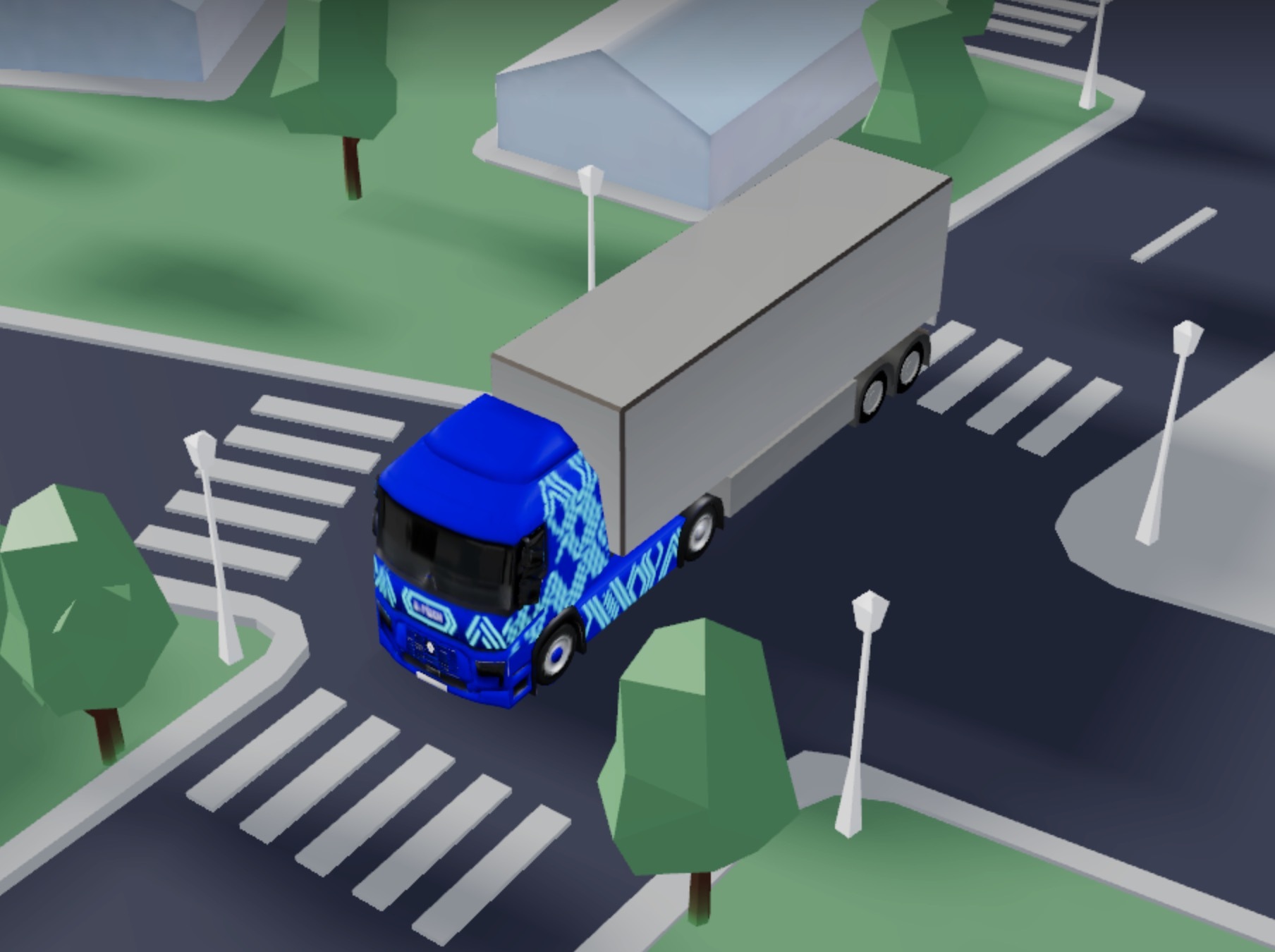Waste collection and recycling
Disposing of industrial and construction waste
In urban construction, trucks need access to city-centre sites, even those subject to the strictest environmental standards!
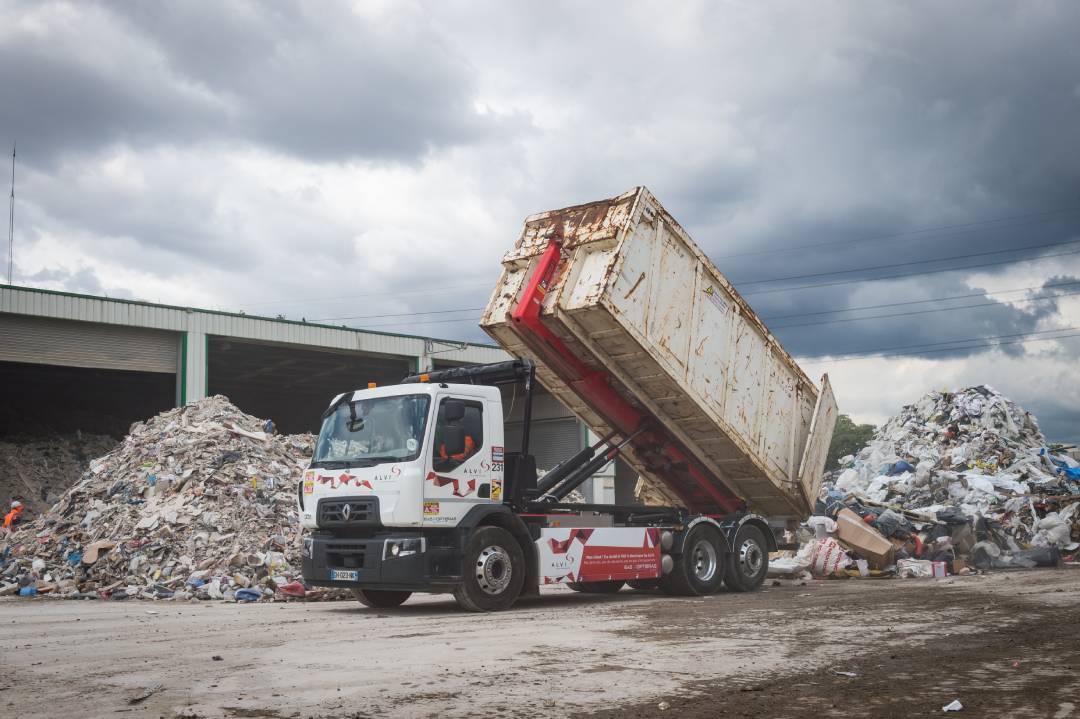
Electric-powered? It’s a huge step forward, and really improves comfort!
Near silent operation, no vibration and zero exhaust emissions: electric vehicles are more comfortable for drivers and more appealing to local residents. These benefits justify “paying a bit more”, explains Stéphane Amadéo, French director of SETRA - ALVI. Especially since the trucks still have 20-40% battery charge at the end of their working day.
A full day’s collection on a single charge
To reduce the environmental impact of its waste management operations, British group Ashcourt has invested in two fully electric refuse collection vehicles. These Renault Trucks E-Tech D Wide complete their daily duties for both businesses and private customers on just one charge!
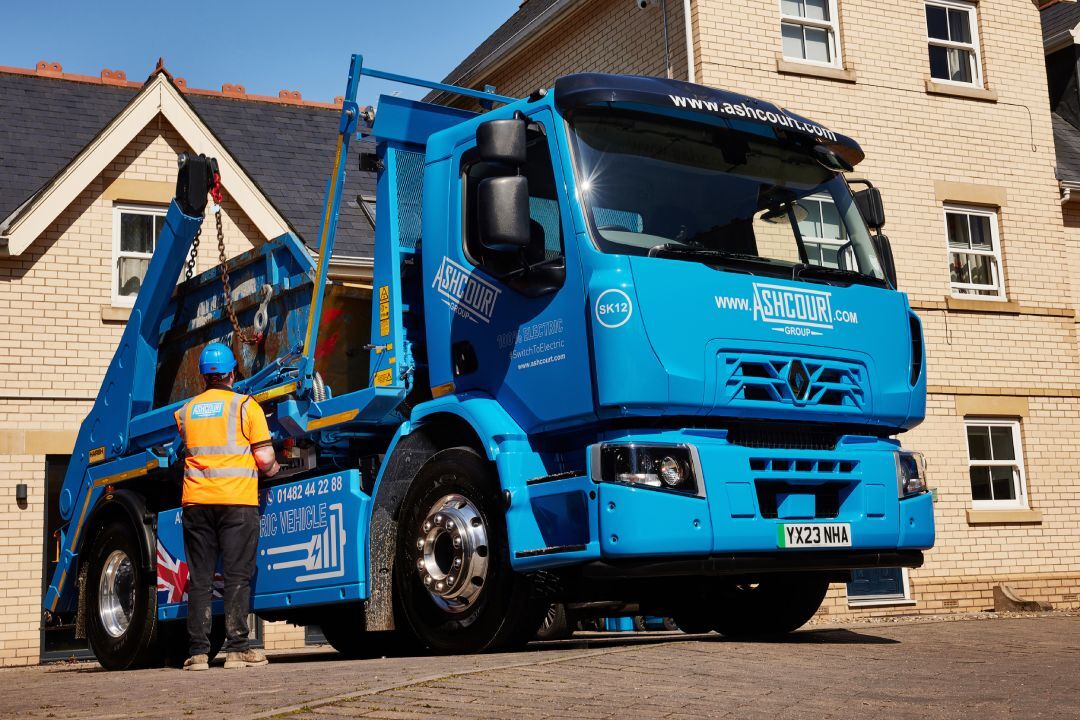
Points of interest
- 4
- 3
- 1
- 9
- 4
- 2
Collecting household waste
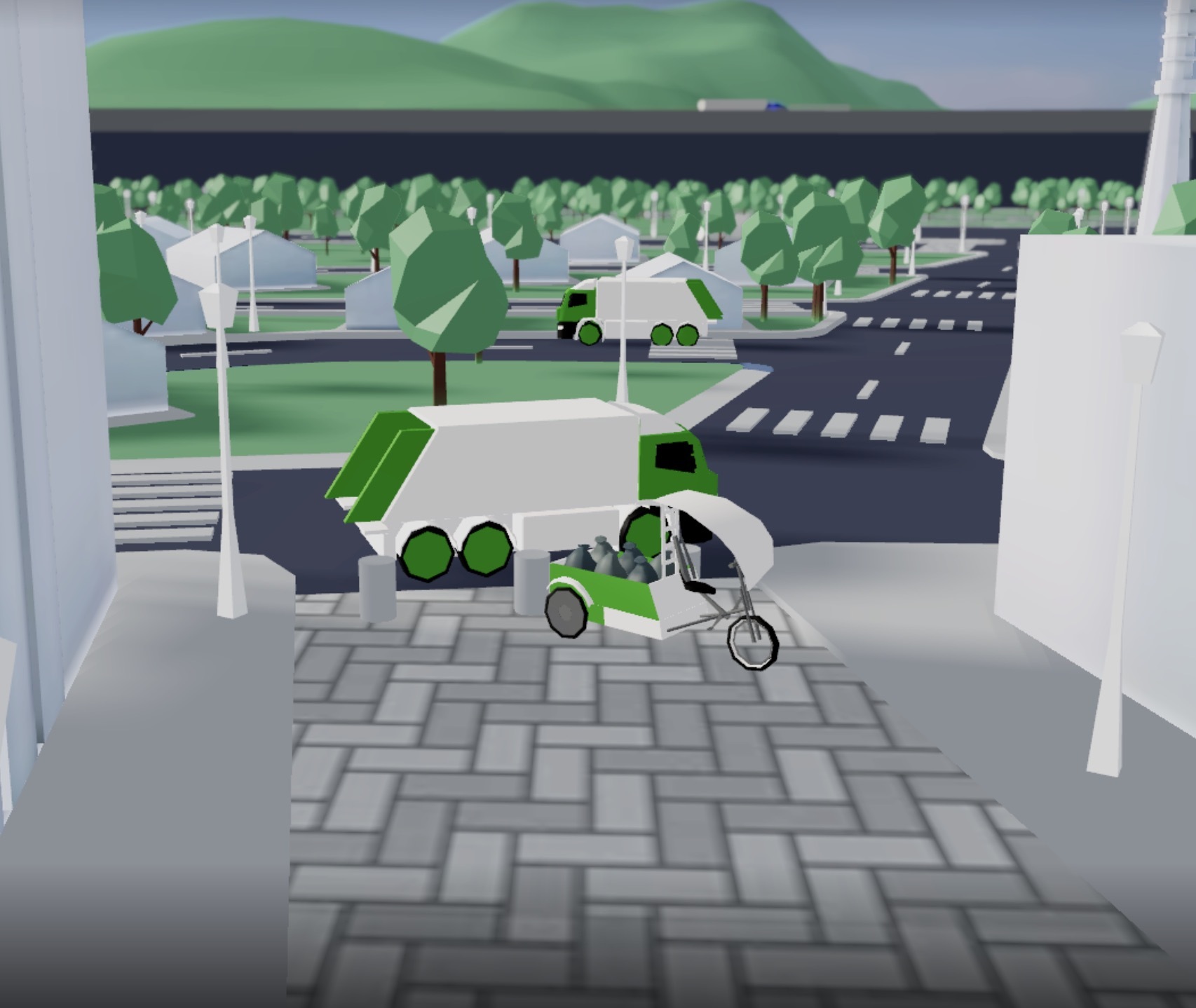
Emptying recycling points
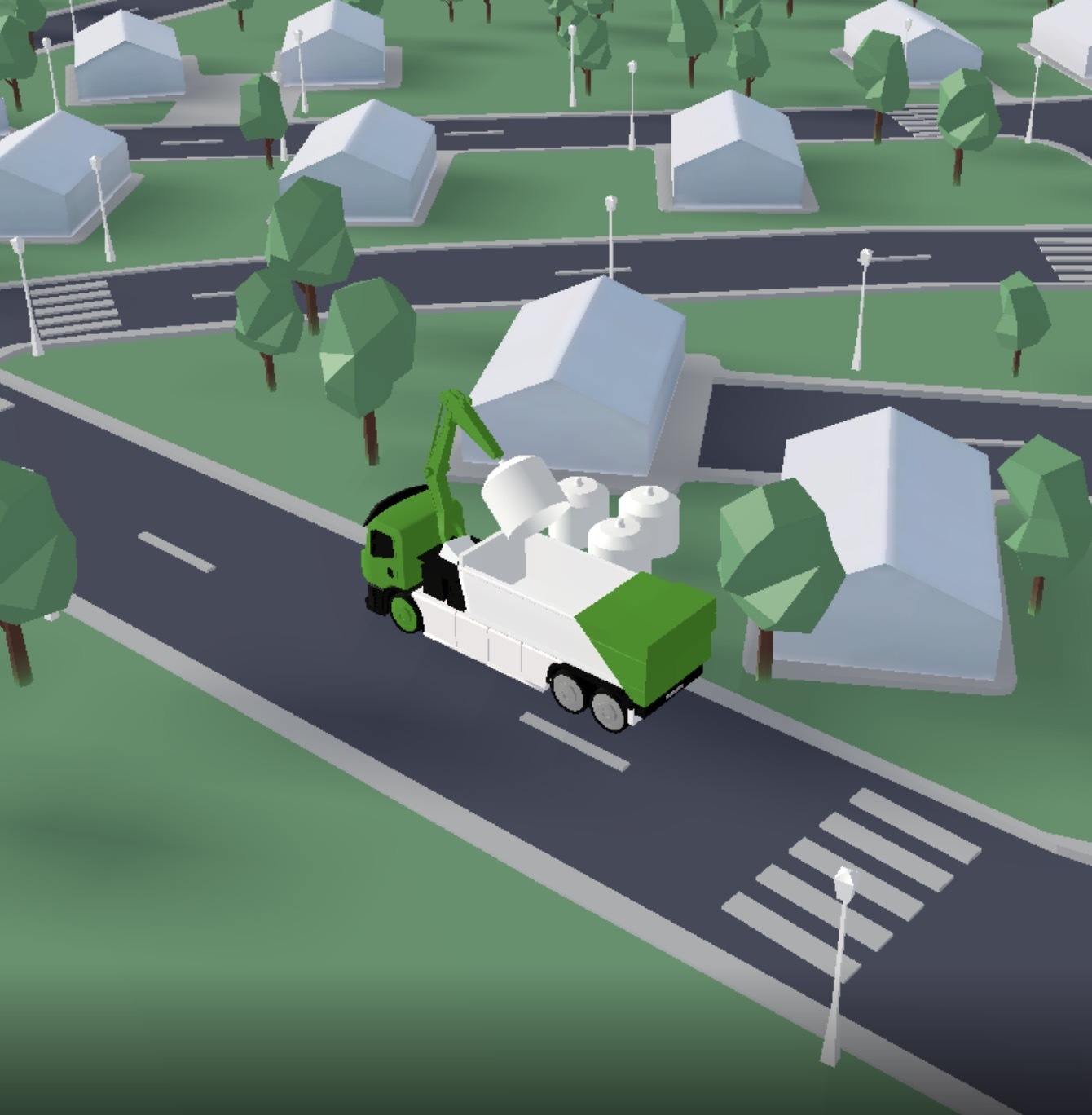
Disposing of industrial and construction waste
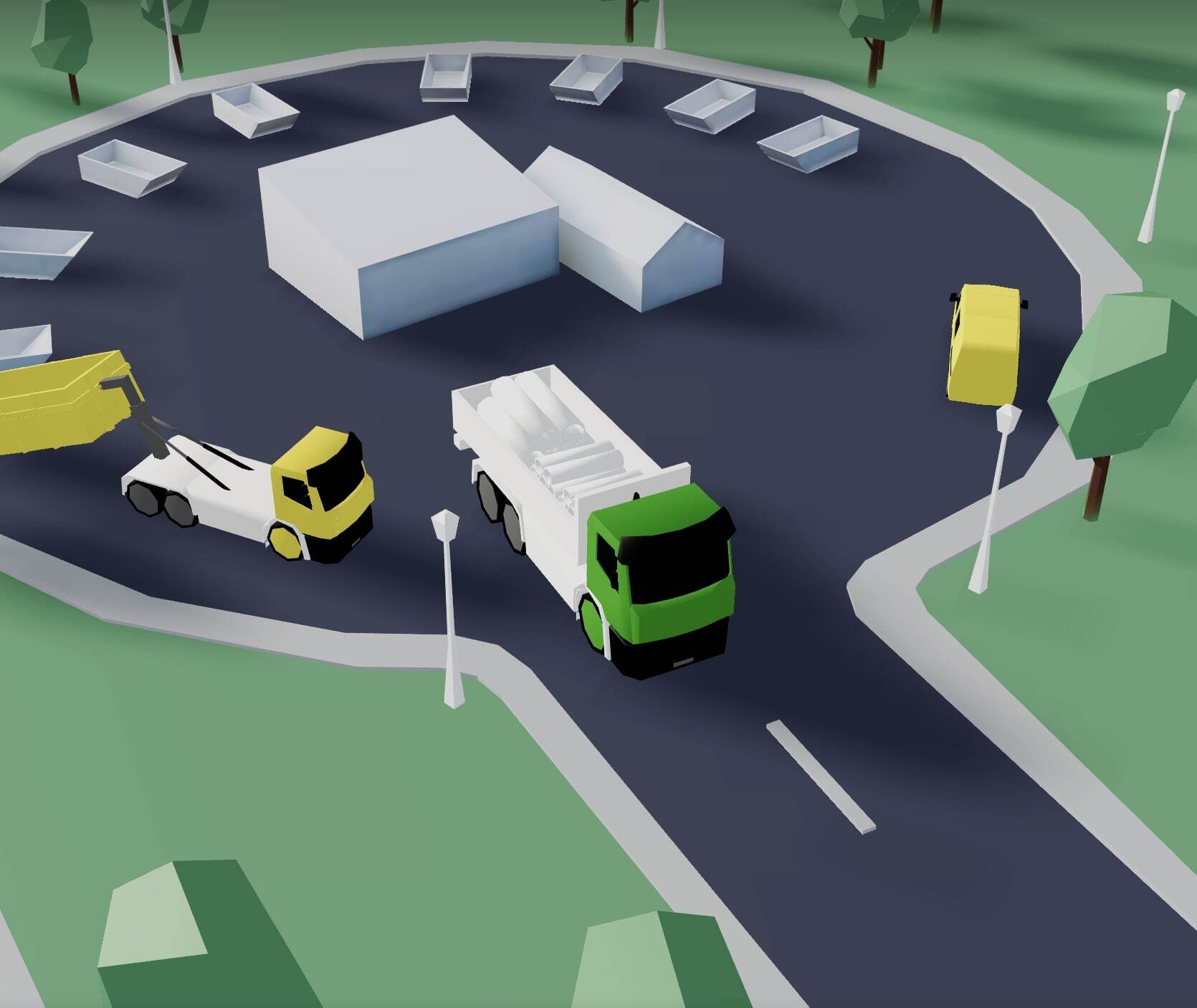
Emptying rubbish bins in public spaces
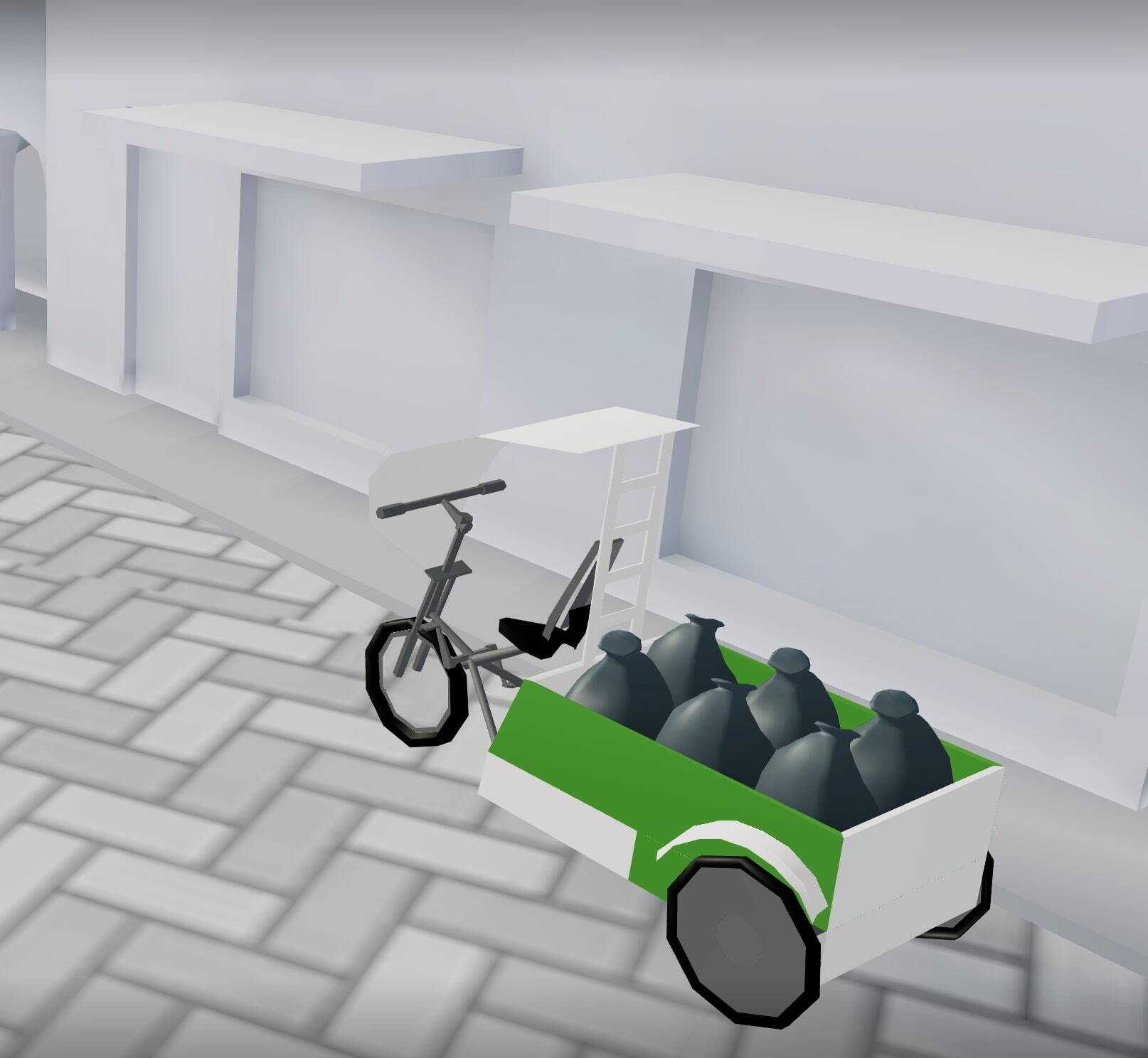
Transporting materials and equipment to urban construction sites
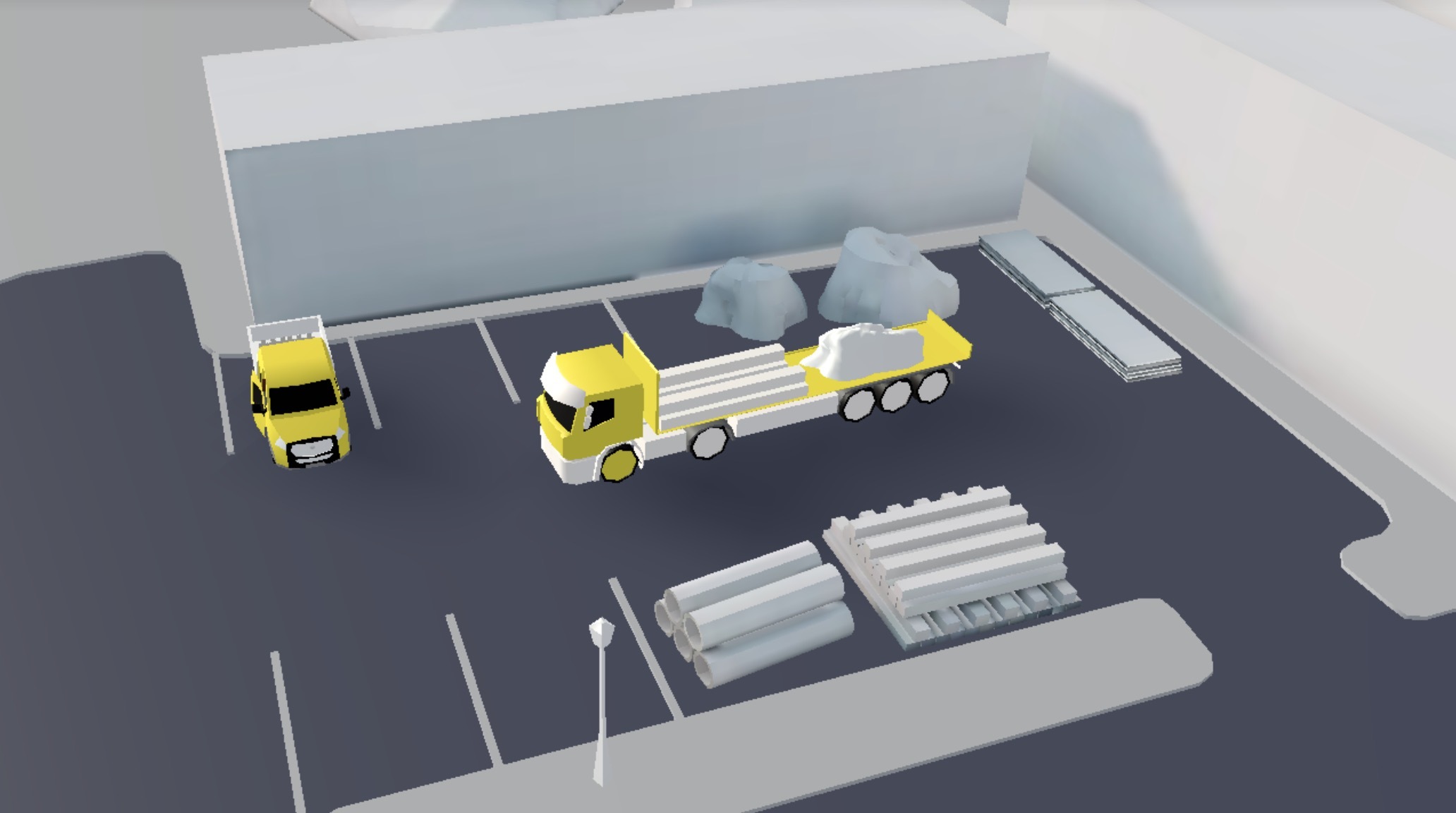
Making the most of vehicles needed for construction sites
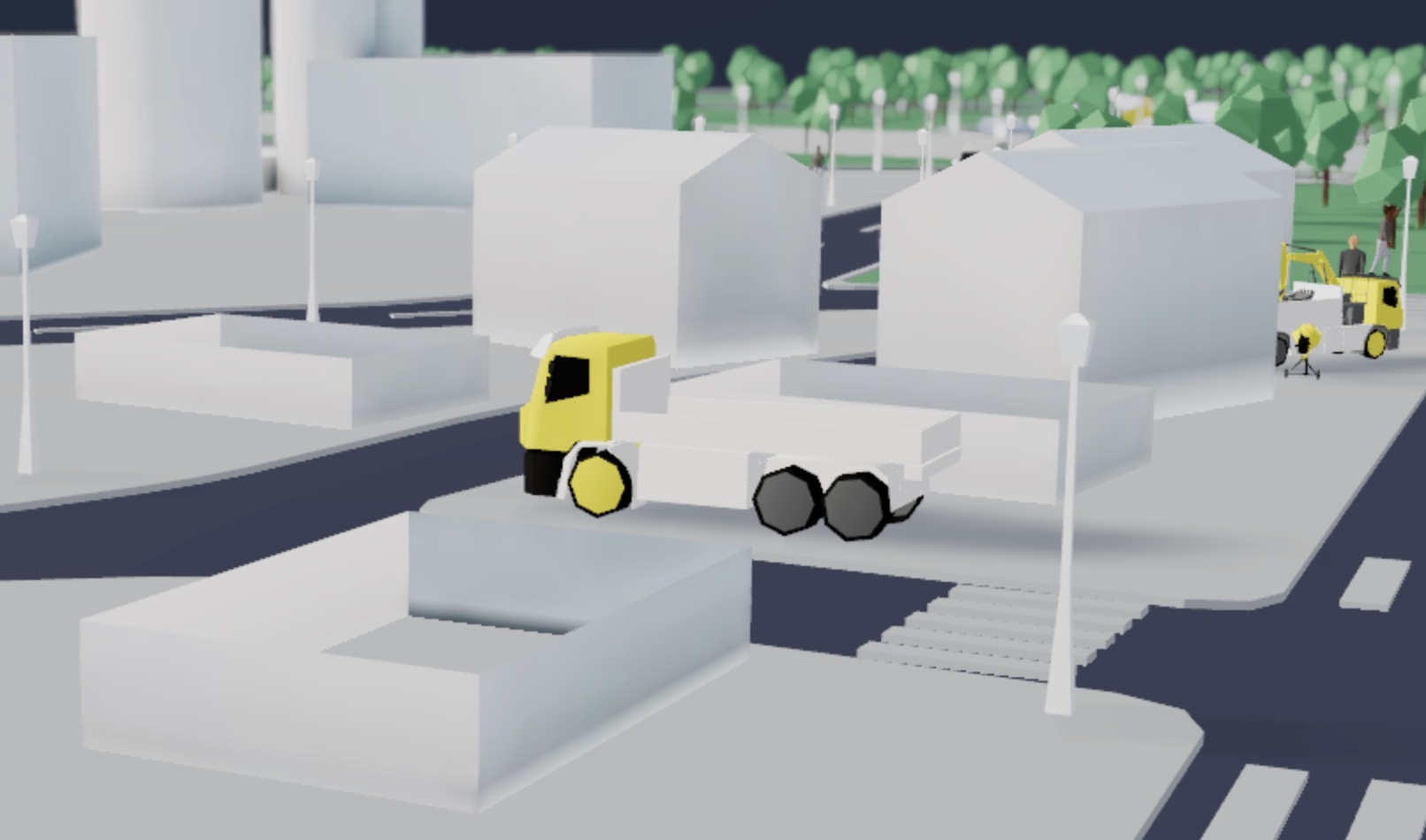
Safety and working conditions
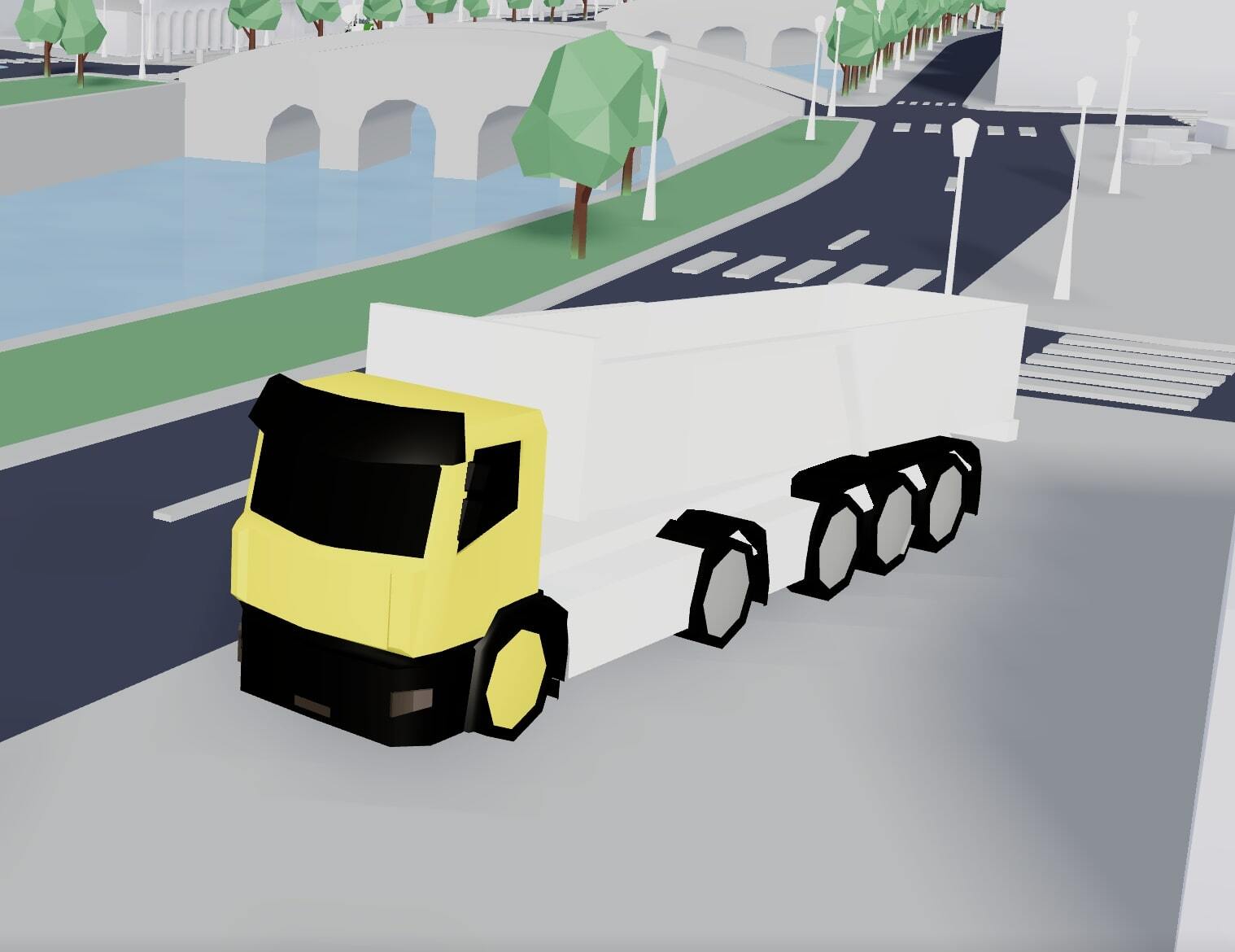
Demolition
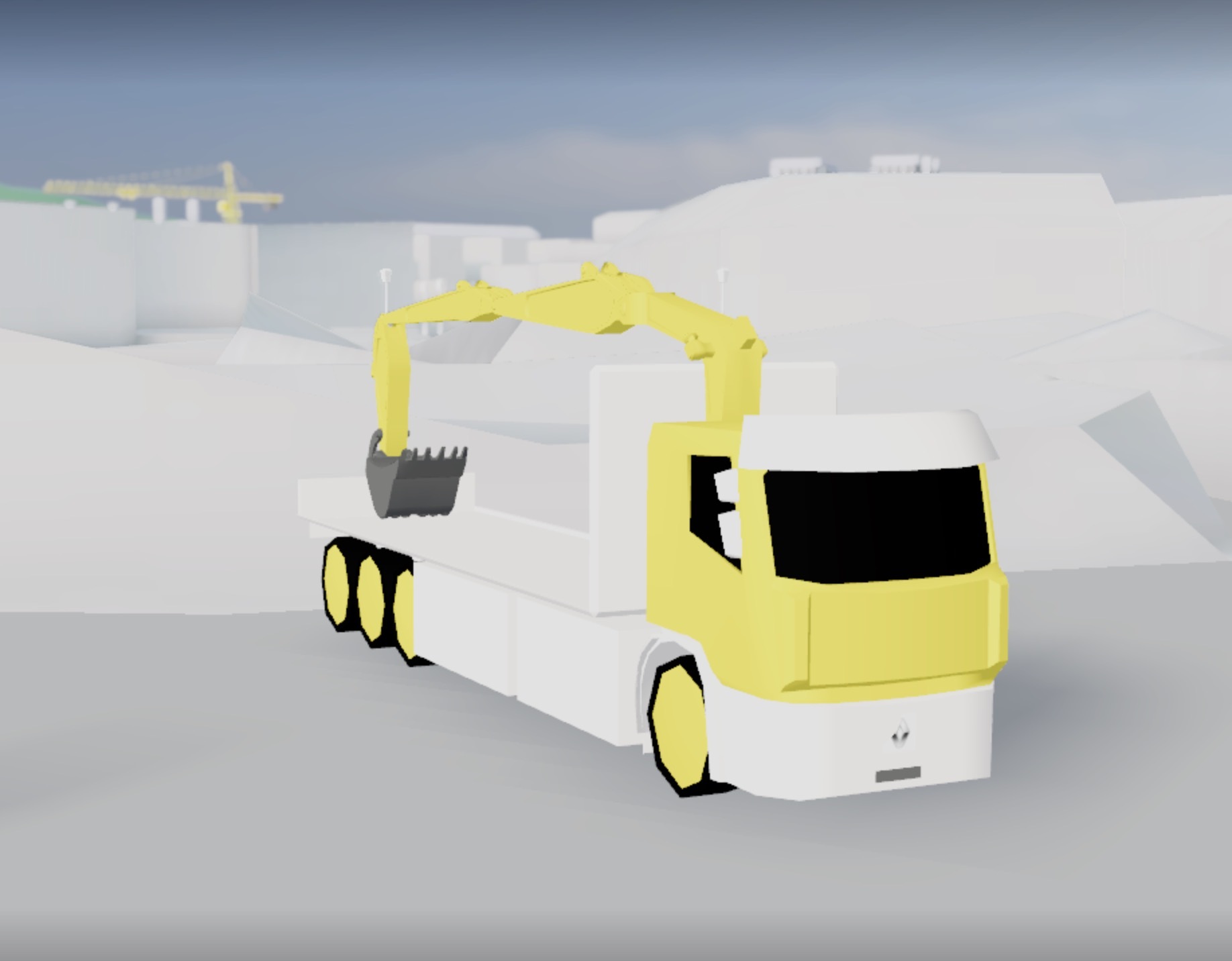
Cement industry
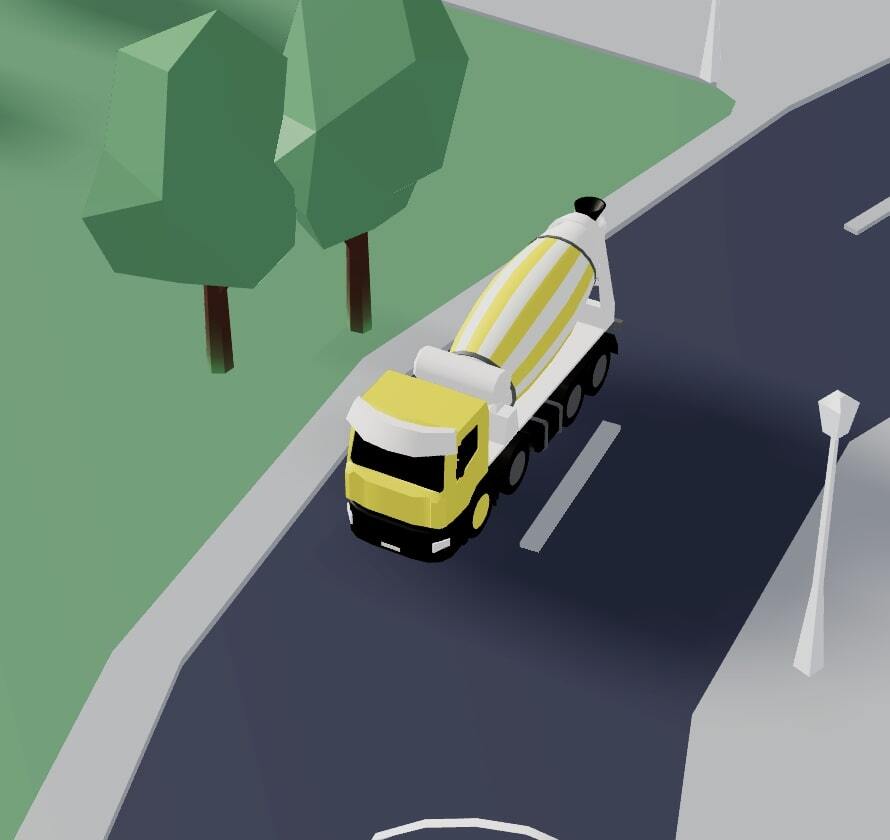
Adapting to the needs of craftpeople
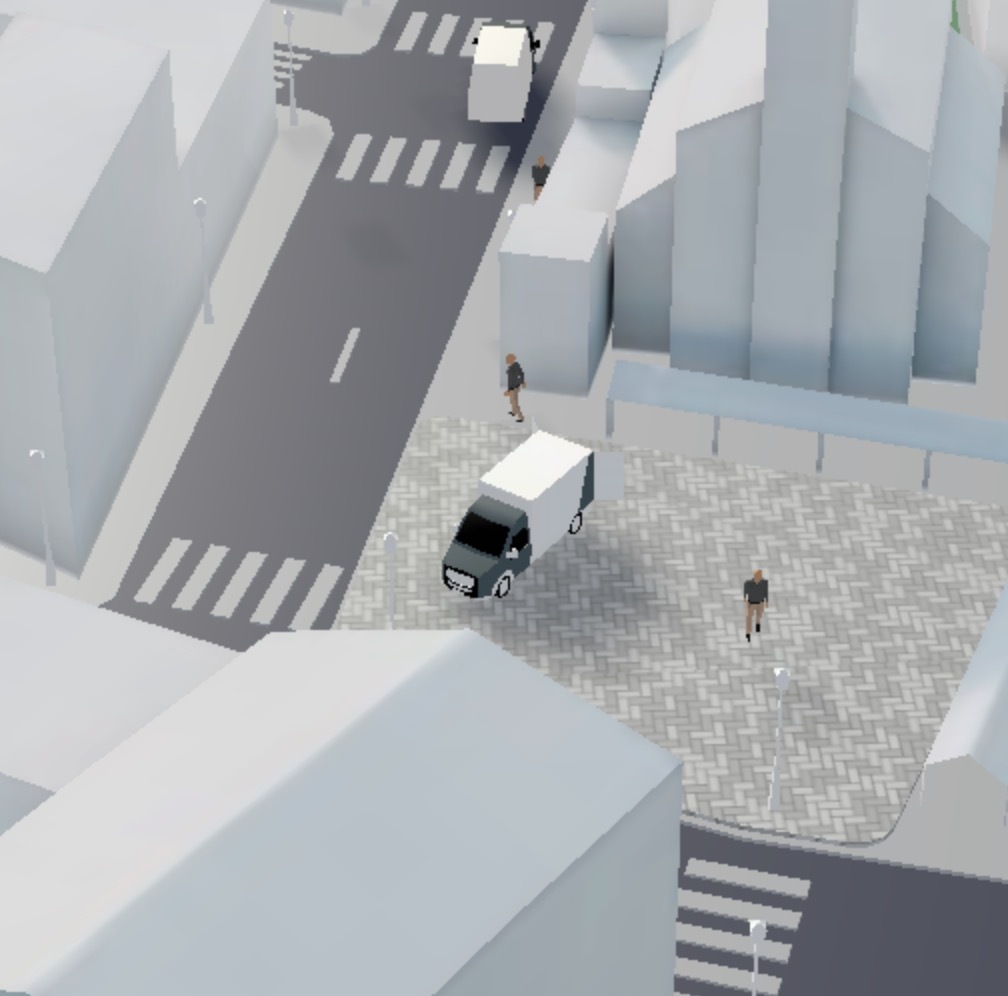
Optimising logistics
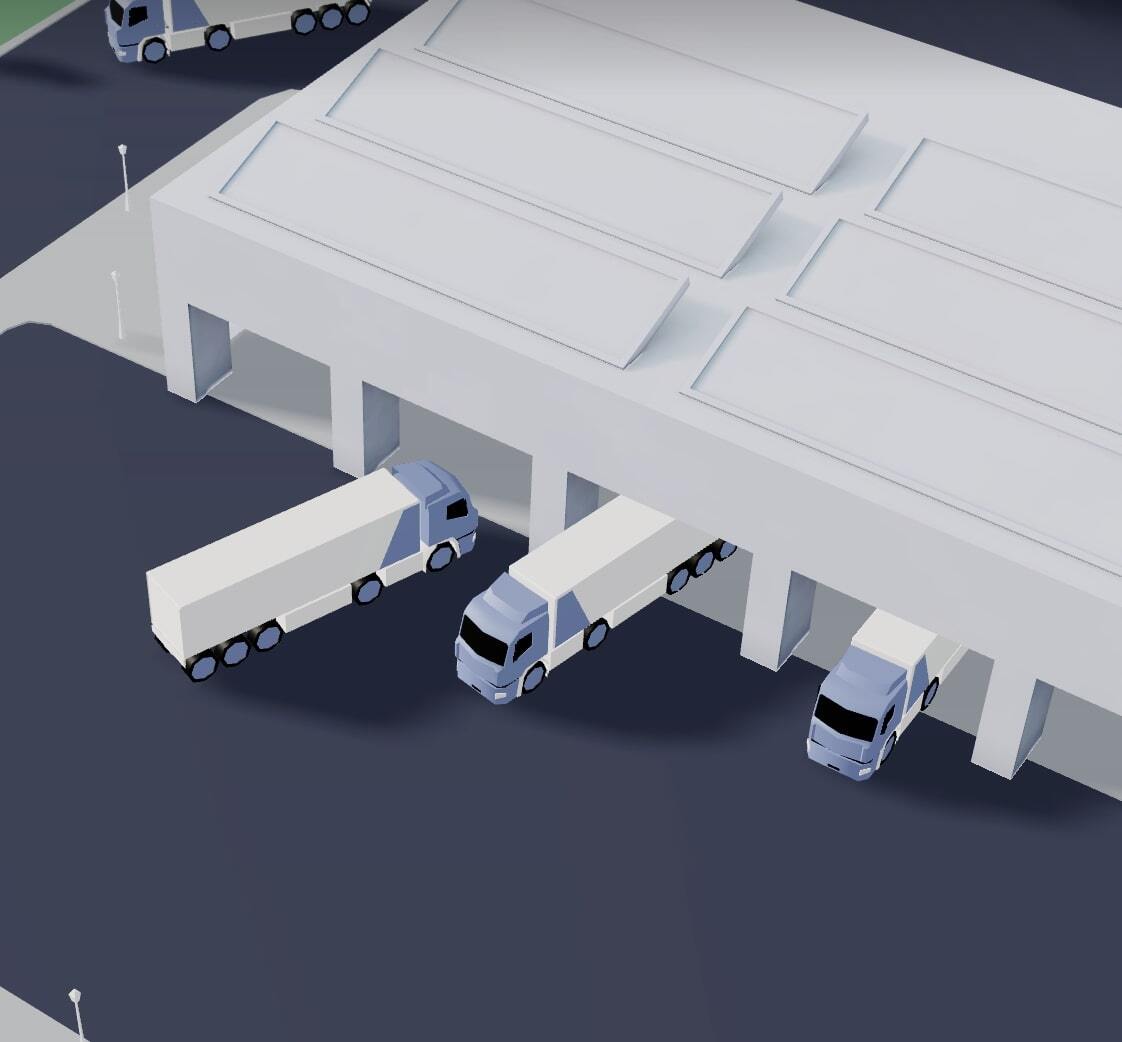
Optimising city transport with the Urban Logistics Hub (ULH)
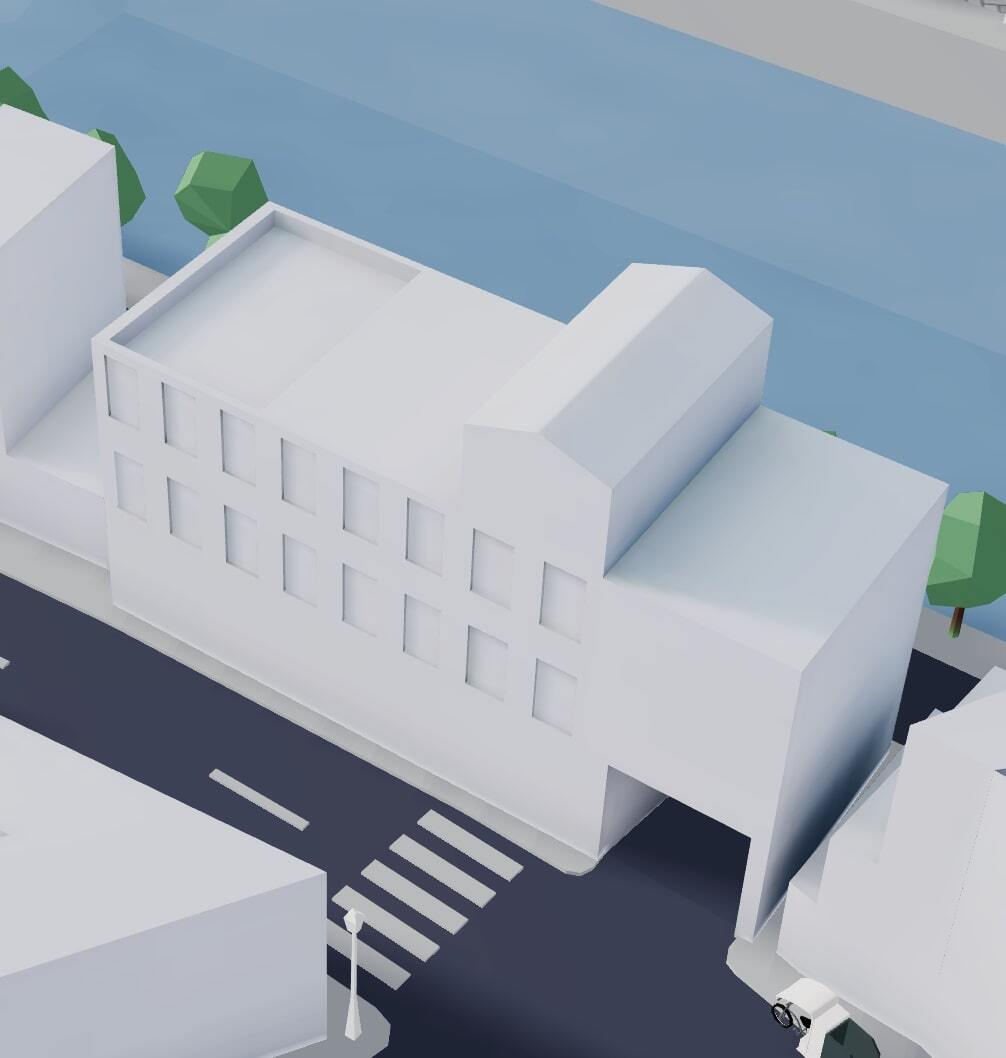
Tackling the challenges of the last mile
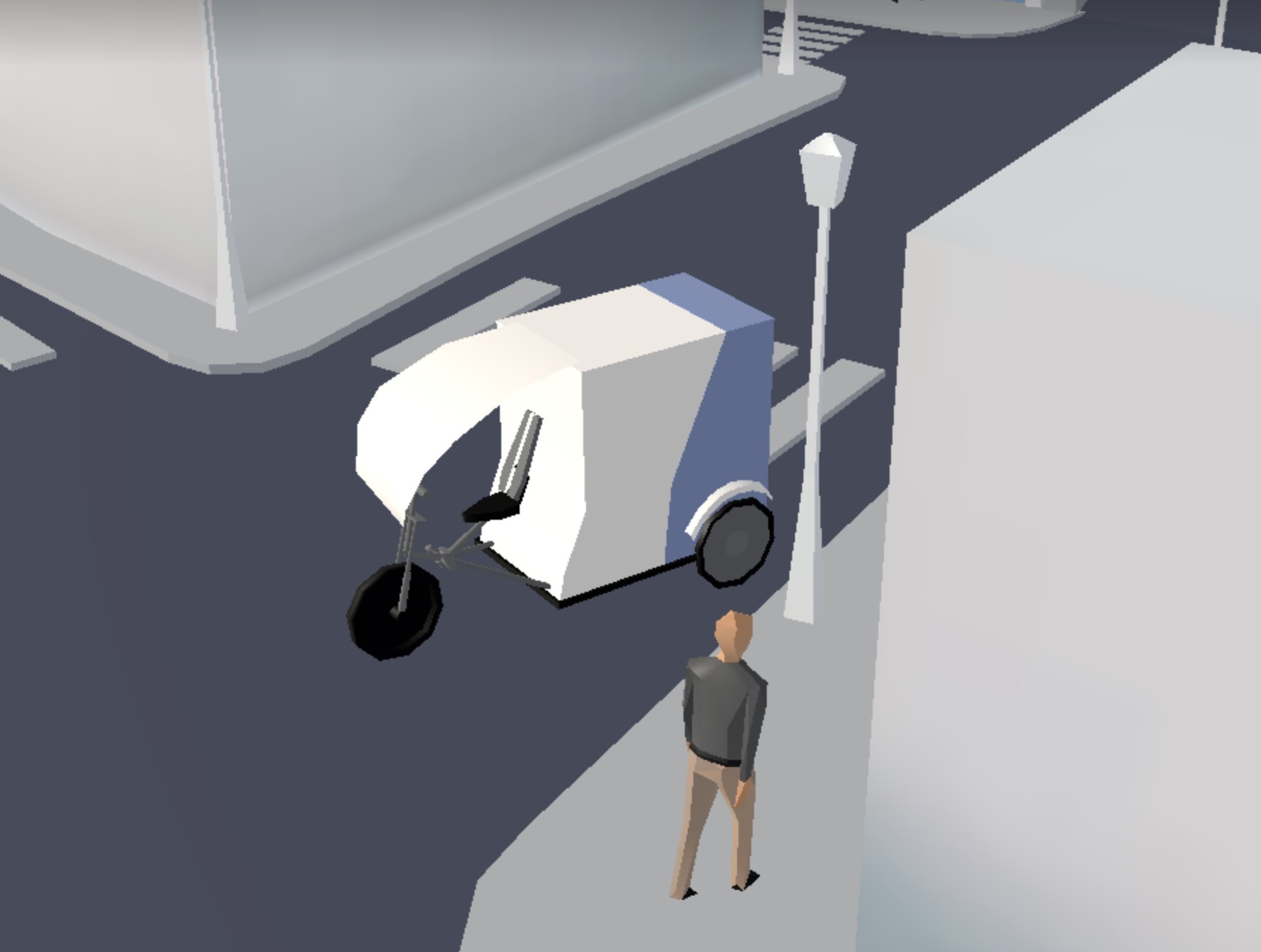
Combining modes of transport
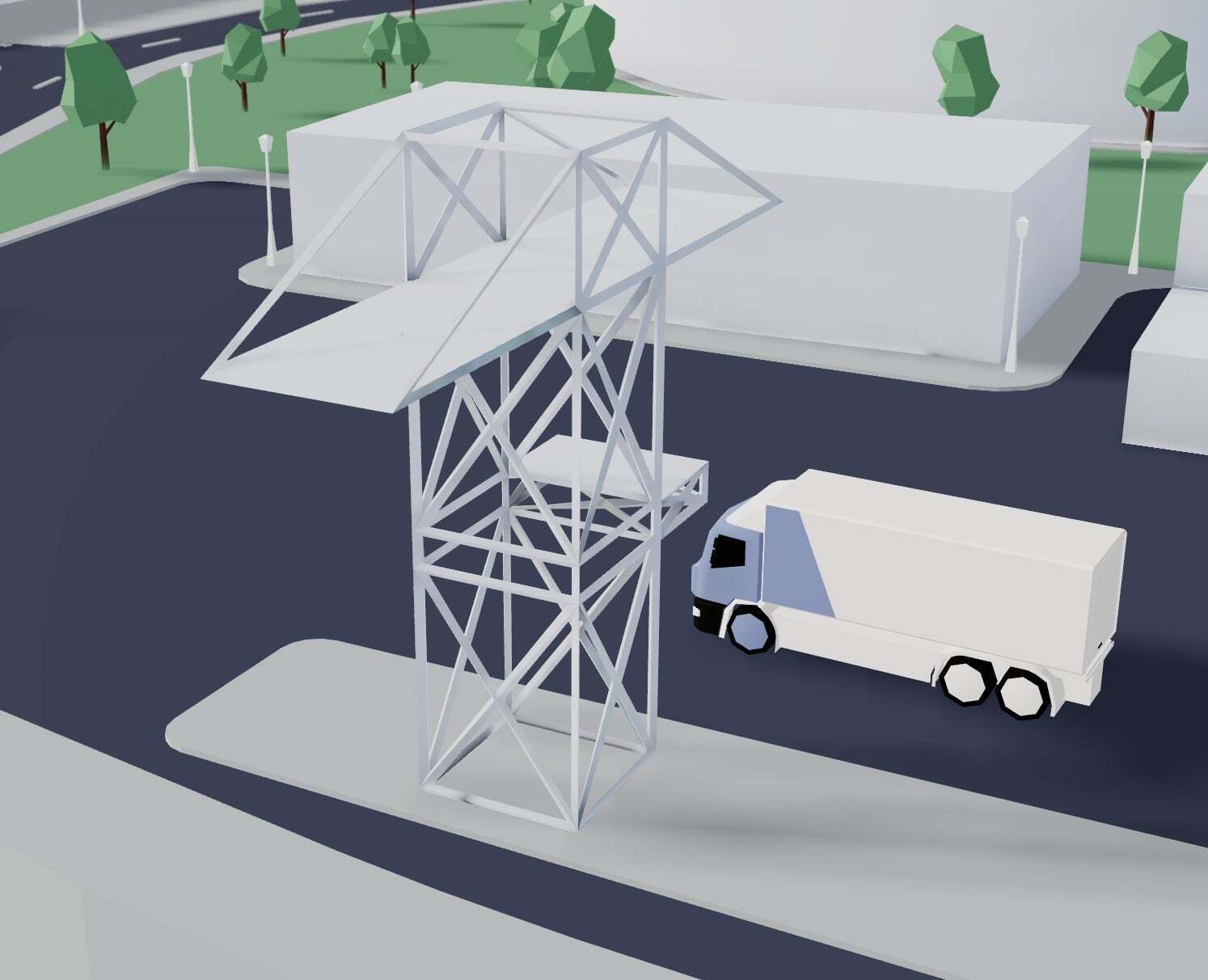
Zero-emission city deliveries
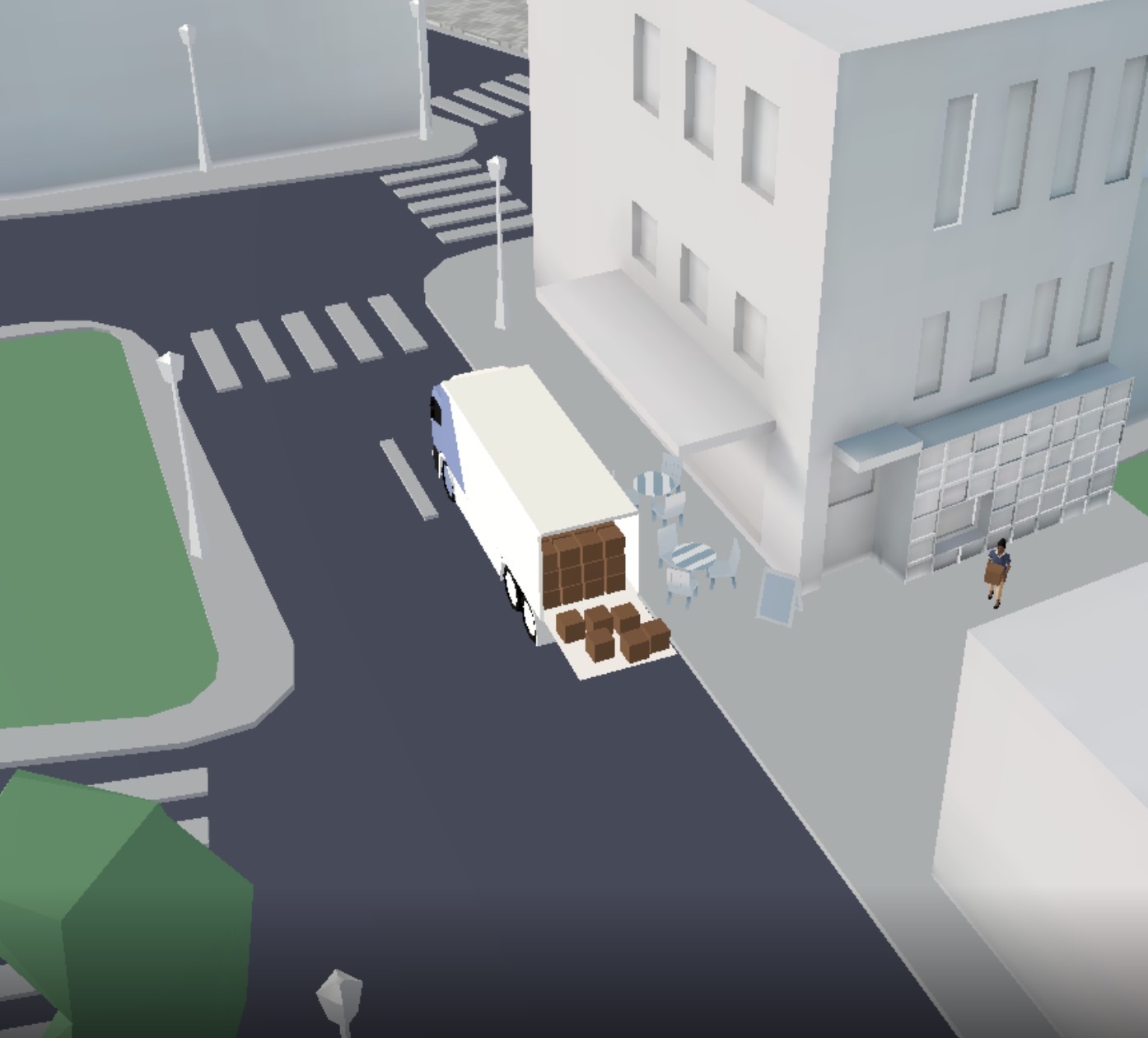
Continuing to innovate
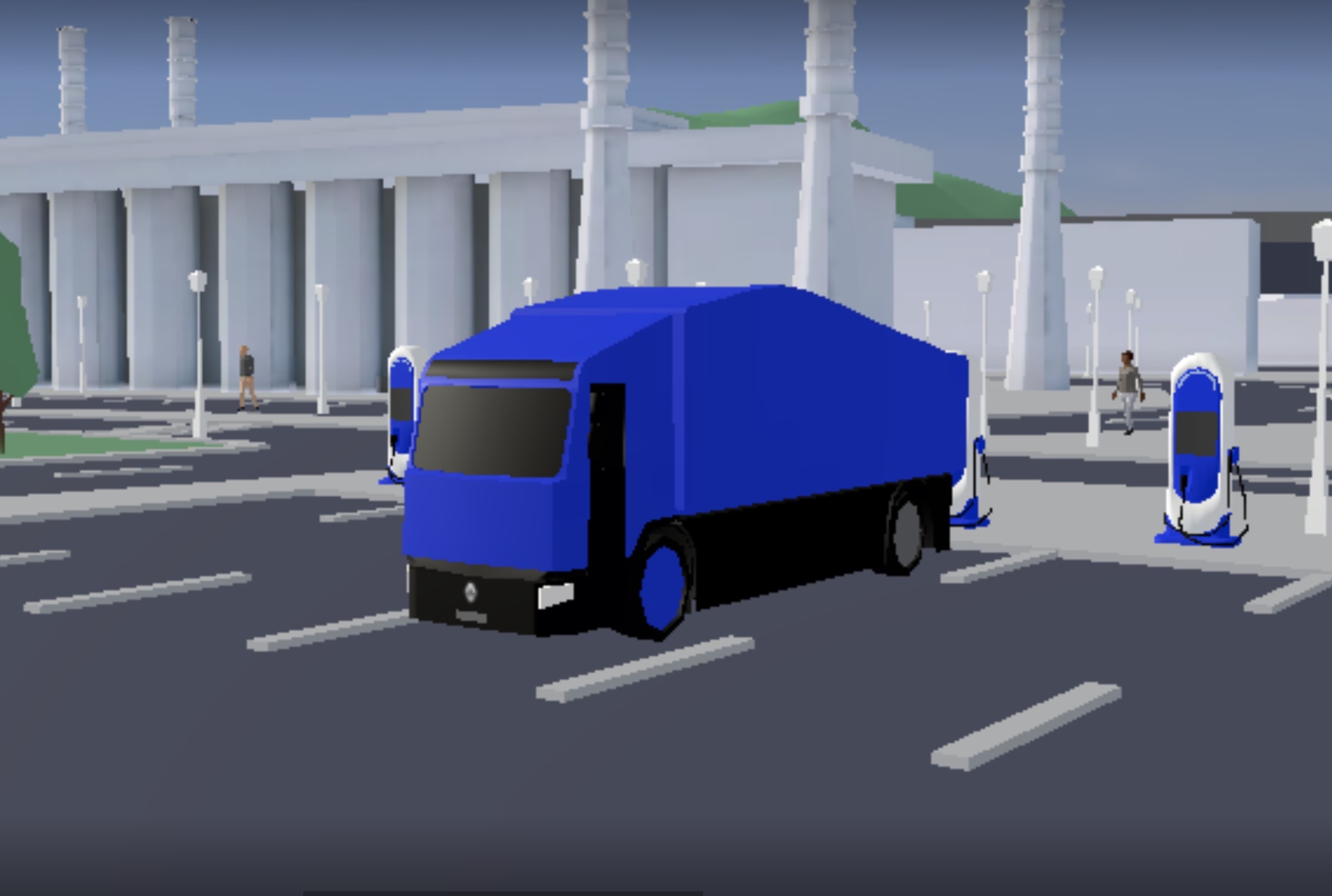
Delivering to the City Center
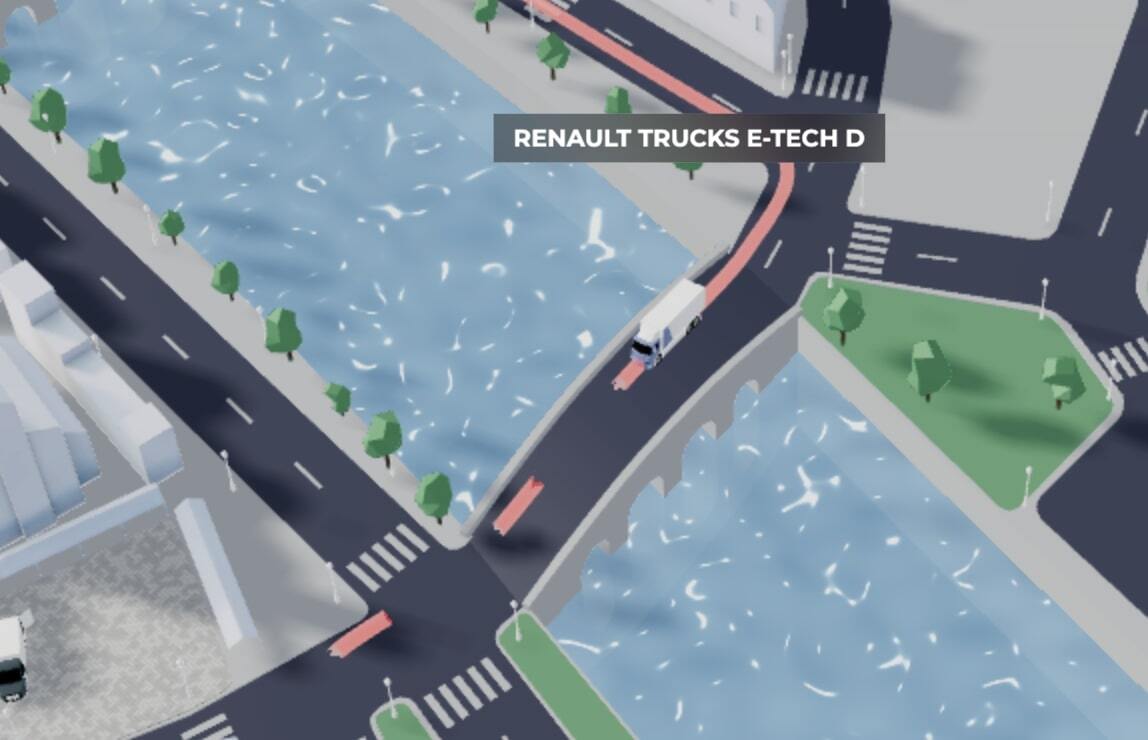
Delivering to the Downtown Area
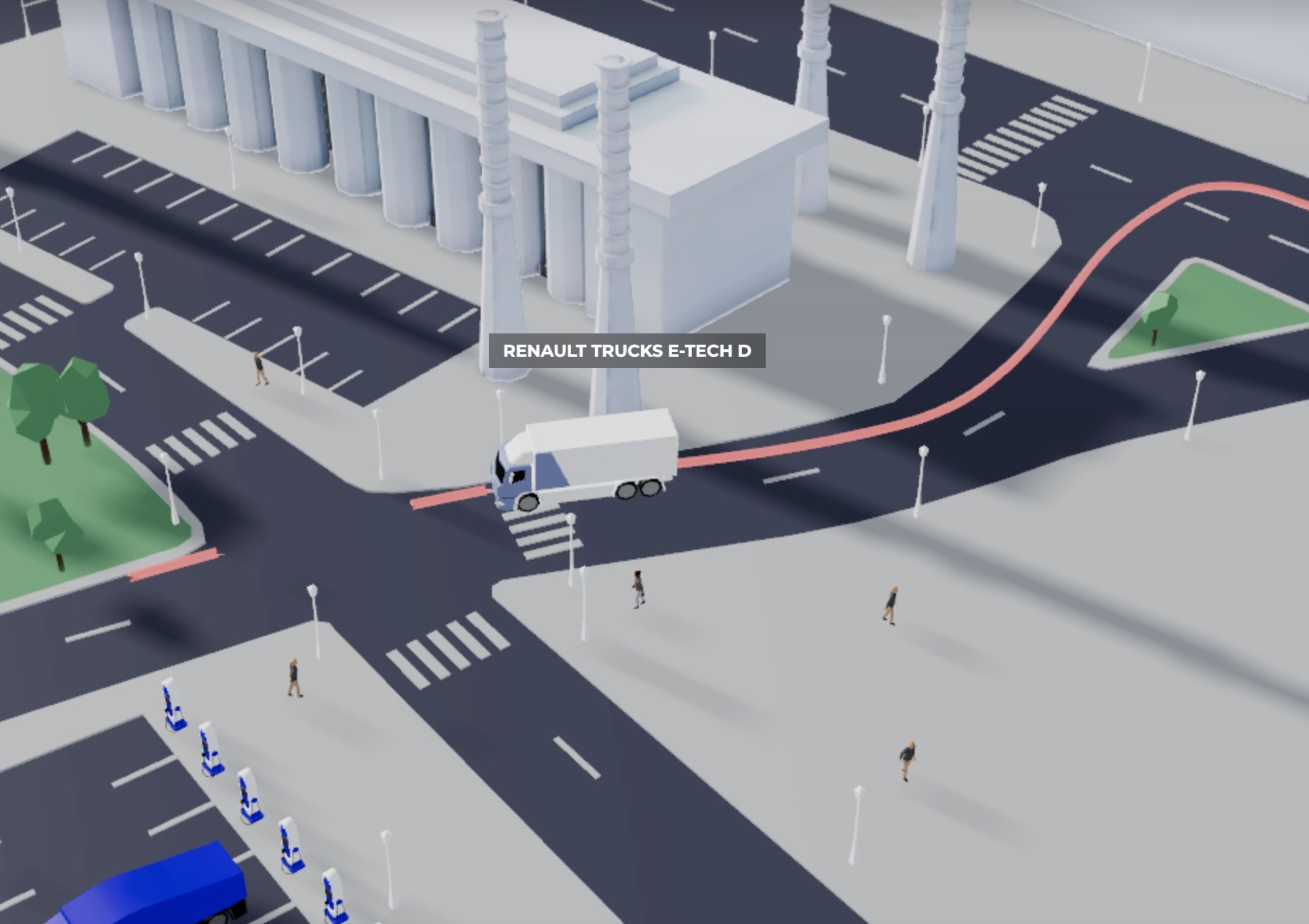
Delivering to the Suburban Area
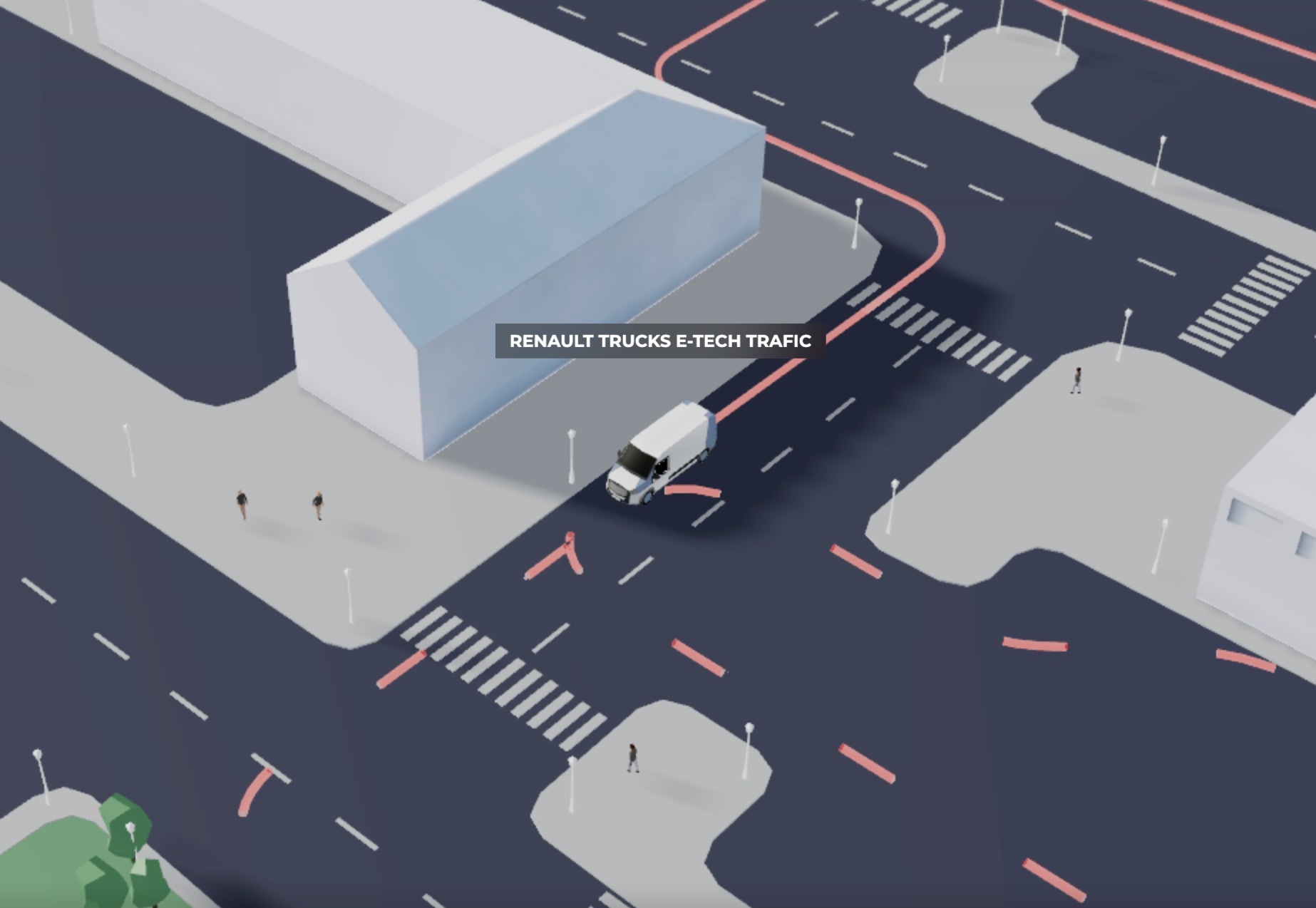
Maintaining public spaces
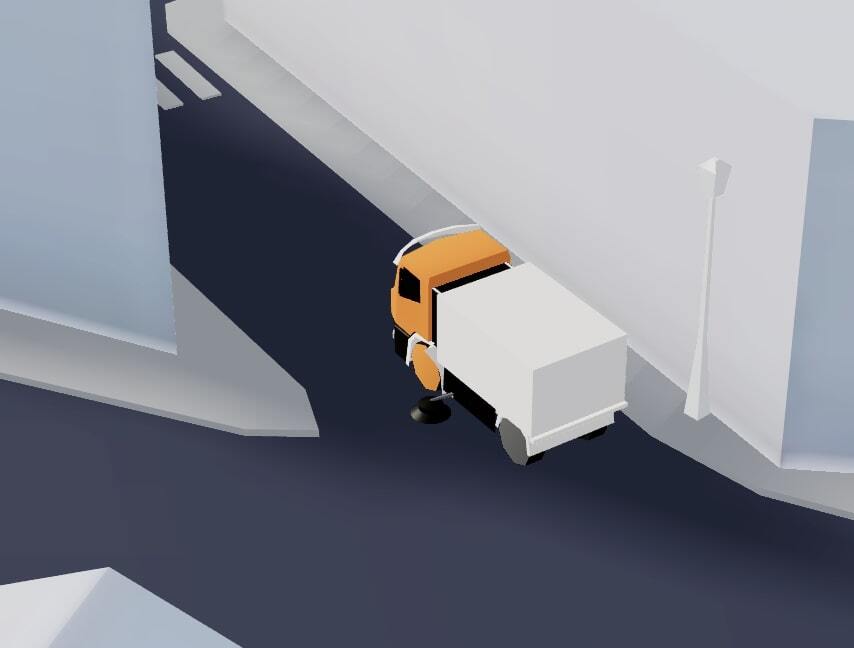
Building and maintaining roads
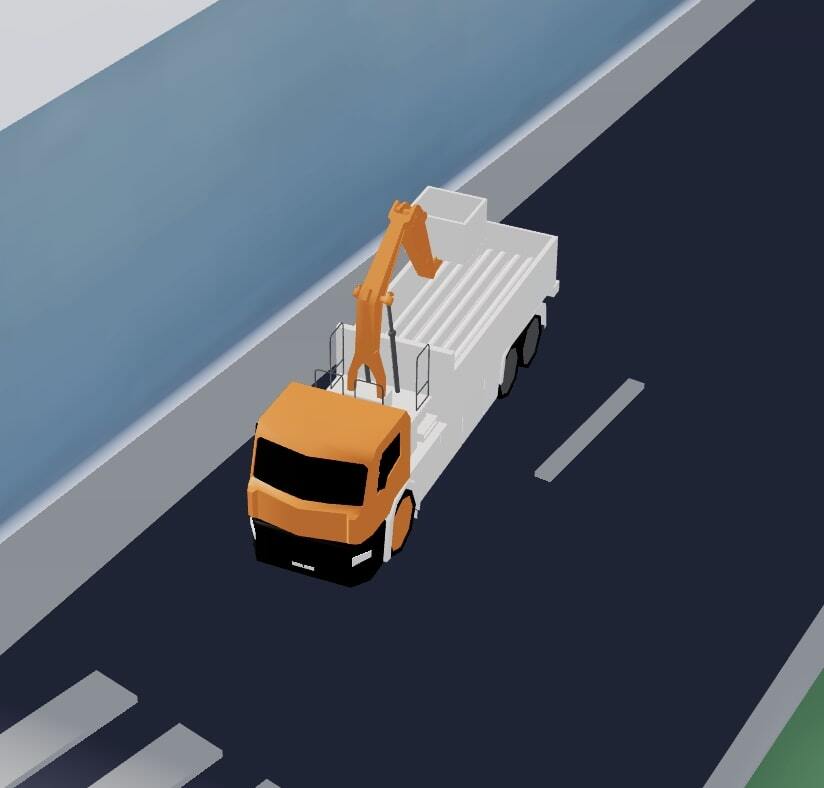
Renovating the city
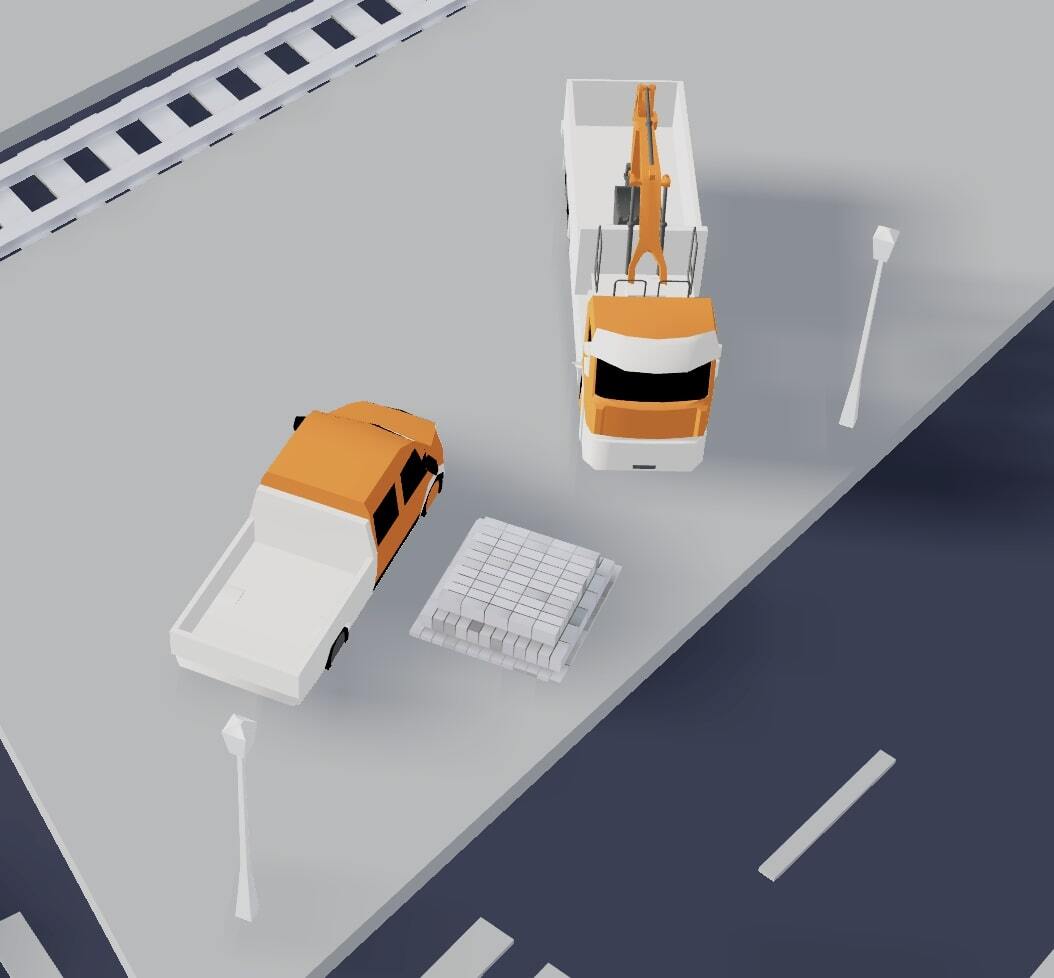
Maintaining green spaces
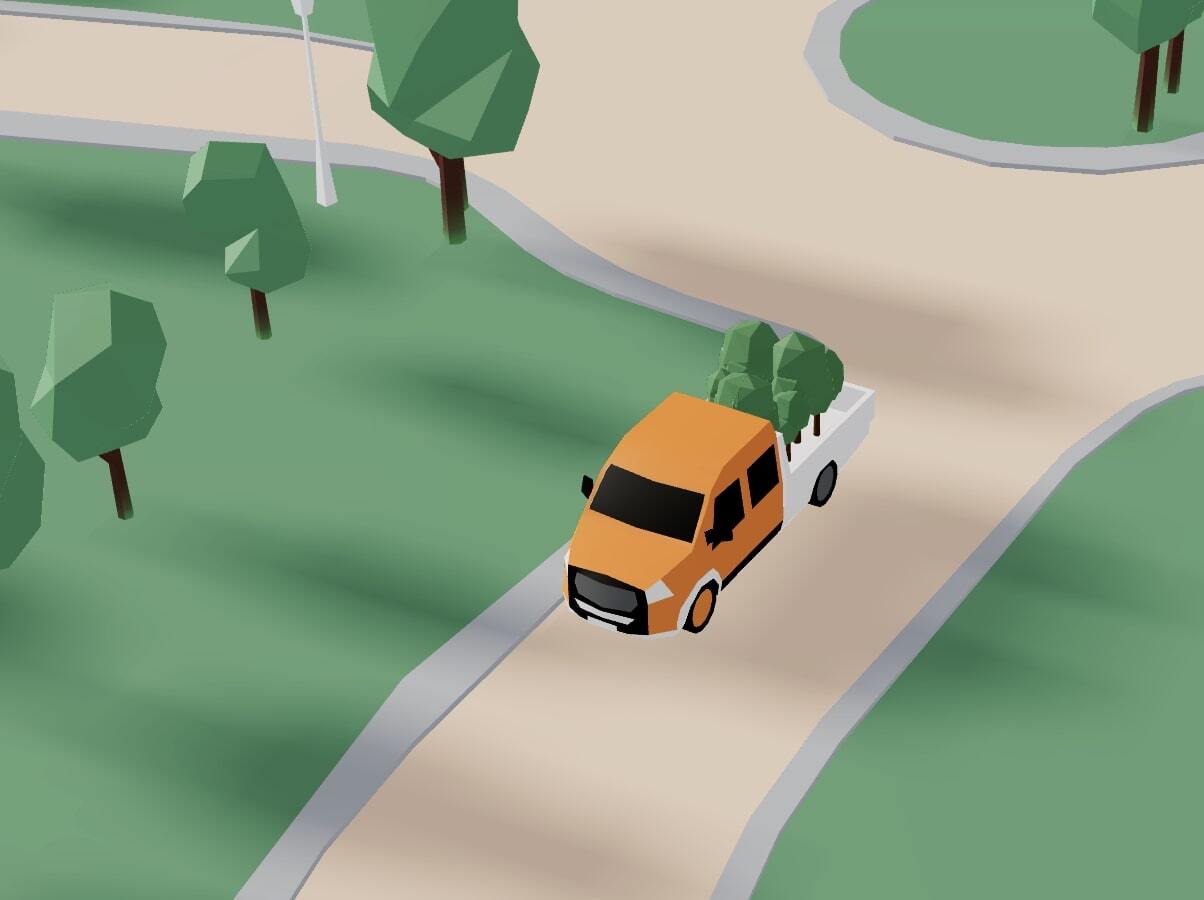
Meeting the needs of regional distribution
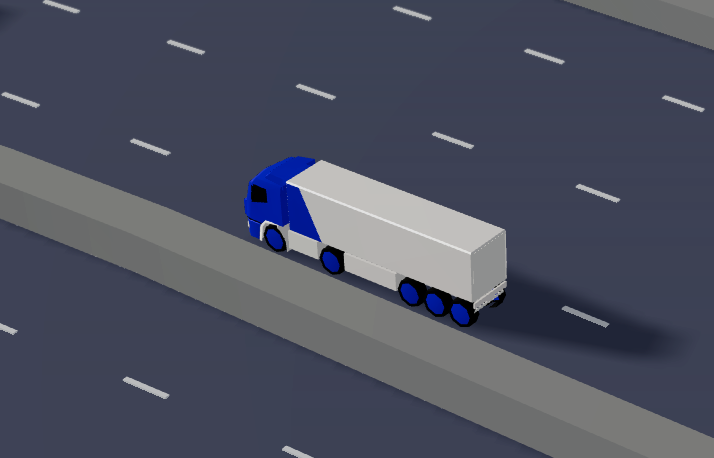
Electrifying industrial flows
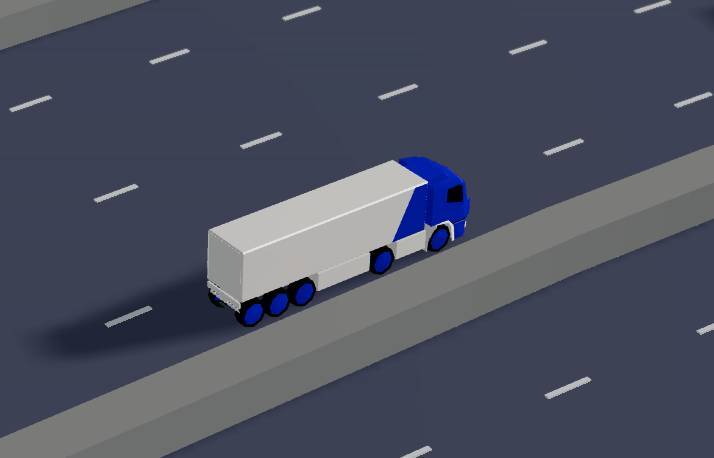
Electromobility and extreme cold
